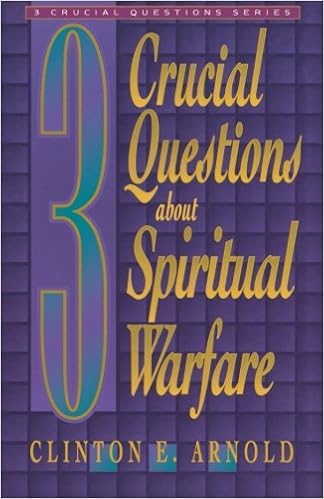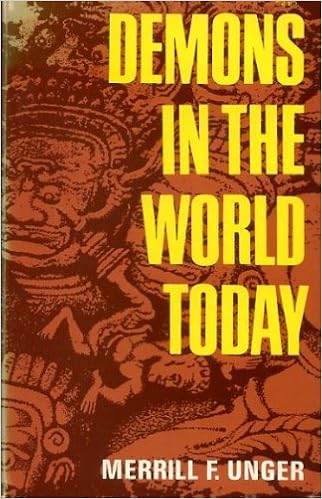Ploutos
Puritan Board Sophomore
So it's more a matter of exposing one's self to demonic influence, in the same way that one might be corrupted by hanging around bad company? Only in this case the company is demons, not druggies?The Greek is literally "he has a demon," which may include (and sometimes does) Emily Rose-type situations, but not necessarily. Indeed, one can say that a demon can attach to one's flesh, including neural pathways (which might explain why cornography is hard to kick). This might be akin to giving the Devil a "topos," ala Ephesians. None of this requires something like head-spinning or speaking in a foreign language (which I believe can occur). Nonetheless, the person "has a demon."
I get why people make the distinction between "possession" and "oppression." It's catchy but it doesn't really capture what the Bible says. In fact, if what I am saying is true, and I think the Greek bears it out, that distinction isn't even needed.
That being said, find the story of the 19th century Lutheran pastor who had to deal with all of this.







